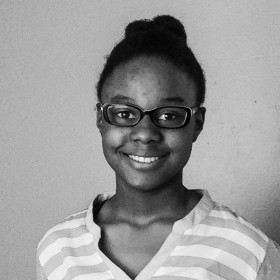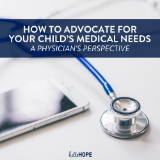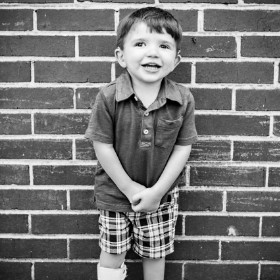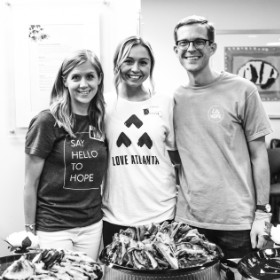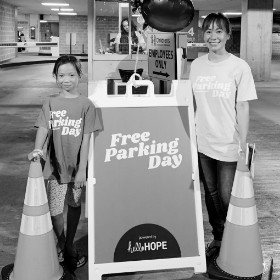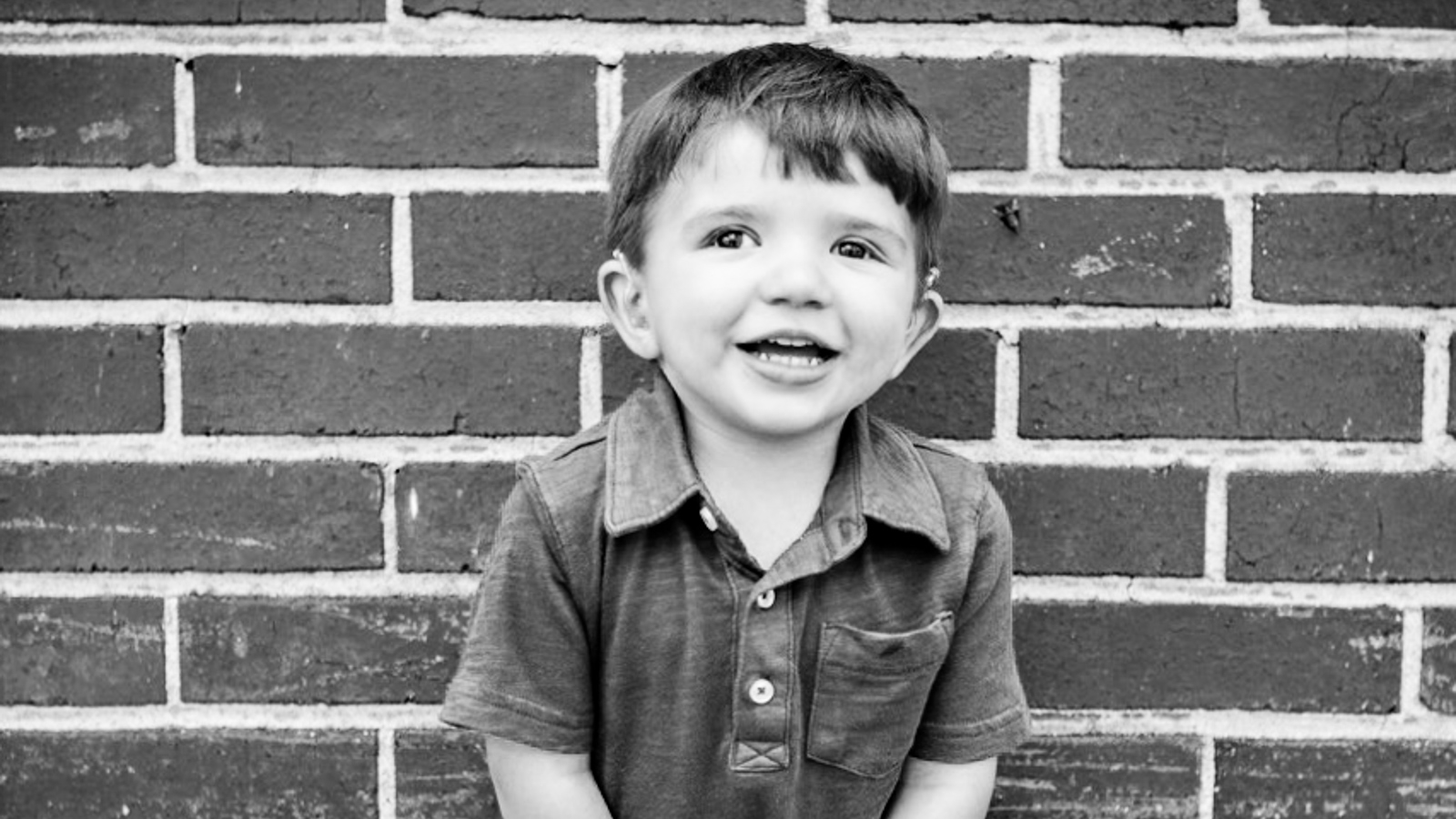Trilateral Retinoblastoma: Whit’s Story of Hope
When Ben and Mary McMath’s son, Whit, was just three months old, his pediatrician noticed that he had nystagmus, or involuntary rapid eye movement. The doctor instructed his parents to take him to a specialist within the week. “That was my first indication that anything serious might be wrong,” Mary remembers.
The McMaths took their son to Dr. Berland at the Thomas Eye Group in Sandy Springs, Georgia, who found a tumor in Whit’s left eye. He told them that he hoped the tumor would prove to be benign and referred the McMaths to the Emory Eye Center in Atlanta. There they received news that their son’s condition was very serious. With tears in her eyes, their doctor delivered the news that their infant son had cancer.
Then, two weeks later, an MRI showed a malignant brain tumor, consistent with trilateral retinoblastoma. While the initial eye tumor diagnosis had been frightening, the treatments available offered a 97% rate of success. Now facing trilateral retinoblastoma, Whit’s chances plummeted to only 5%. “I remember sitting in the oncologist’s office and it came over me –– I thought, ‘We’re in God’s miracle territory now,’” Ben says.
Facing Cancer Treatment
Over the next eight months, Whit received four rounds of chemotherapy, endured a failed bone marrow harvest, a successful stem cell harvest, brain surgery, rehab, more high-dose chemotherapy, stem cell rescue and more rehab. Throughout the process there were successes and setbacks that kept Whit’s future uncertain.
“Treatment was scary as hell,” Mary admits. “There's no pretty way to describe it. We did not want to torture our son. We were very conscious of trying to make sure there was a reason for his treatment … [we took it] second by second. Everyone tells you to take it day by day, but for me even day by day was too much.”
During Whit’s time in the ICU, ministers from Ben and Mary’s church visited every day. “I would ask every one of them why God was allowing this because I know God could have stopped it, but he allowed it. And I really, really struggled with that,” Mary says.
But in her questioning, Mary held onto faith and hope, looking for where God was during this dark season. “Treatment was emotionally and physically exhausting. But I'm grateful for it. God used this treatment to give me more time with my son … God's hands have been all over it even when things didn't go the way I wanted them to. I am grateful.”
Stronger Together
Prayer was also a vital part of daily life for the McMath family. Ben explains: “We were big into prayer, but I'd say more than us praying, we surrounded ourselves with prayer warriors. We called them Whit's Warriors.
“Thousands upon thousands of people were praying for him. We had people putting notes on the Wailing Wall, and at some point we had people on almost every continent praying for our son. And that gave me hope because we were sitting there, making these hard decisions, not getting sleep, emotionally drained, and sometimes by the end of the day I was done praying. I didn't have the words, I didn't know what to say.
“I wrote a post on our blog about when Moses is leading the people and they're fighting and God tells him as long as you hold your hands up, you'll win. Moses becomes so tired he can't hold his arms up anymore, so his brothers come and hold his arms for him, and that's really what it felt like: all of these people praying for us, they were there holding us up when we couldn't pray for ourselves.”
The McMaths also relied on their community for hands-on support. In addition to daily visits from their pastors, many others stepped in. Family members helped them care for their two year old daughter, allowing Ben and Mary to be with Whit at the hospital as much as they needed. Whit’s Warriors brought meals to the hospital and to their home each week.
Ben and Mary leaned on each other as well, choosing to spend four nights each week in the hospital together. It was a hard decision to make because it meant being away from their daughter much of the time. “She wanted her little family together –– her world was torn apart, too.” But ultimately they knew that it was the best course of action for their family and their marriage.
“The decisions about treatment took hours of discussion and prayer, and we did that together. What Mary hears from the doctors is sometimes different from what I hear, so we were able to feed off of each other. When I was down, she was able to pick me up,” Ben says.
Beating the Odds with Trilateral Retinoblastoma
Together, they were determined to fight for hope. Whit’s little body continued to fight the cancer, each day a miracle.
Despite almost hopeless odds, Ben and Mary kept looking for other stories of hope related to trilateral retinoblastoma to anchor them while they waited on answers about what the future would hold for Whit. “We kept Googling, Googling, and Googling,” Ben says. They found one story of a five year old child with the same form of cancer who’d successfully gone into remission without recurrence. “I remember holding onto that thinking: they’ve done it here, so there’s a chance.”
While the McMaths trusted their doctors to guide them through the process, they also remained conscious that God was in control of their son’s future.
Whit suffered many complications during the course of treatment. Following brain surgery, an MRI showed four stroke sites. His gastrointestinal tract was also damaged by the chemotherapy, making it difficult for him to keep down any food, including formula. At one point, while Whit was breathing through a ventilator, the doctor told Ben and Mary that their son was not progressing; they needed to begin notifying family and thinking through end of life decisions.
“We cried obviously, but we also prayed over him. That allowed us to say to Whit, ‘If God’s calling you, it’s okay. You can go. You’re going to a better place, and we’re going to be very sad, but we don’t want to keep you here and let you struggle and suffer forever. That’s just not what we want.”
But miraculously, Whit began to stabilize. The doctors scheduled a stem cell transplant, which ended up being the breakthrough they were hoping and praying for: Whit was now cancer free.
Life after Cancer Treatment
The McMaths have now turned their focus to finding the continued support and restoration that Whit needs. Although the cancer is in remission, Whit has special needs from the strokes he suffered during brain surgery and the damage to his GI tract.
Mary has made Whit’s care her focus. Twice a week she spends several hours pureeing food for him. Additionally, Whit sees doctors and specialists almost every day and goes to therapy four times each week. Even so, his parents do not define him by those needs.
“He’s the sweetest big brother and he just wants to be doing anything we’re doing … I’m proud of him, he wants to grow and wants to learn. We’re having good days.”
The McMaths are also connecting with other parents they meet through the therapists and specialists they see on a nearly daily basis. When asked what advice she would offer to another family facing a diagnosis, Mary advises, “Get connected. It’s easy to feel like the only one with a child who has special needs … Don’t be afraid to ask for support. You can’t go through this alone.”
Celebrating Hope
The McMaths are walking through their days with gratitude and hope for Whit’s life. He is now two and a half years old and approaches life with joy and determination. He is an affectionate brother to his big sister and new little brother, loves to give hugs, and lights up his home for the whole family.
“Through the hard times in Whit's treatment, especially in the beginning, it was easy to question ‘Why Whit? Why us? Why does this happen?’” Mary remembers. “Somewhere in the journey, I can't remember exactly where and when, but we flipped our thinking. Instead of asking why, we became thankful. We are thankful that God trusted us enough with Whit's care. We believe God has a purpose for saving Whit and we are humbled and thankful that we are the parents that God chose to raise him.”
Whit’s story is one of miraculous healing in the face of seemingly hopeless odds, and his family is cherishing the time they have been given with their inspiring little boy. “He has a shirt that says ‘Tough like my dad’,” Ben says. “But I need a shirt that says ‘Tough like my son’!”
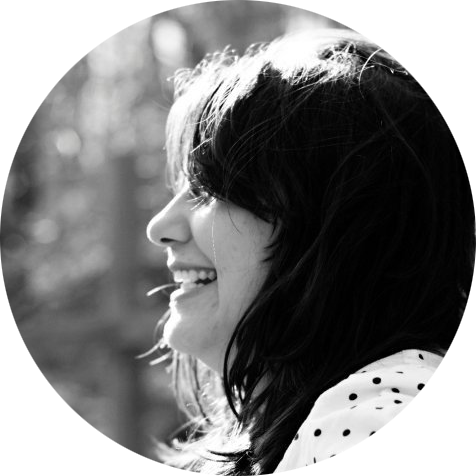
About the Author
Catie Cummings-Morris is a freelance author specializing in non-profit work and food writing living in Chattanooga, Tennessee, with her husband, daughter, and a vegetable garden.
Trilateral Retinoblastoma Resources
If you would like more information about some of the resources that helped the McMath family in their journey, please visit:
We have also published resources that way be helpful for families facing a similar medical journey, including:
Are you looking to encourage another family walking through a medical adversity? This article is a great starting point: How to help a family facing medical challenges
Loading...



